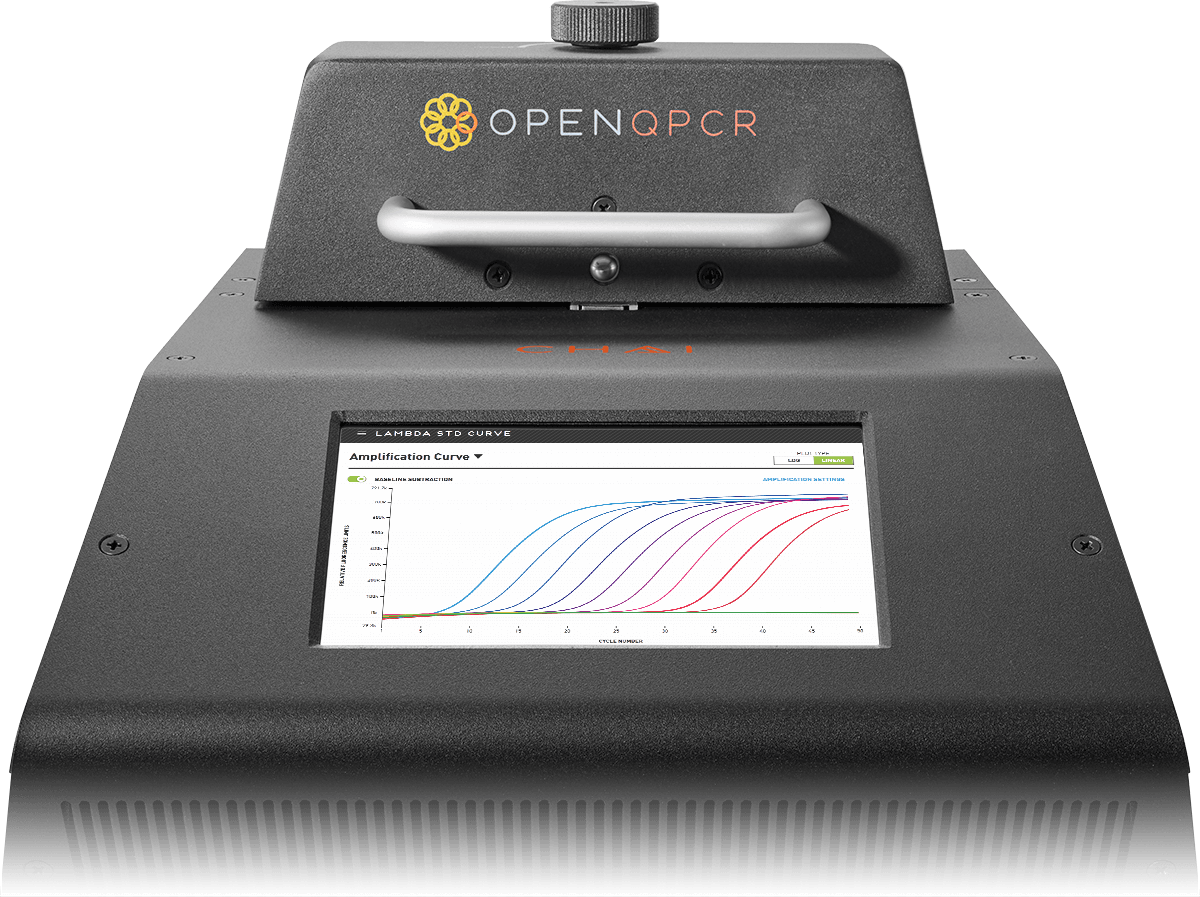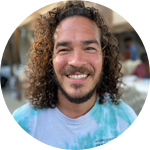Biosurveillance
Categories

Effective biosurveillance can give us new insights into our health and our world. The tools for monitoring have become more effective and affordable. We need more examples of how to best apply this exciting new technology for a healthier planet.
The Projects
Browse the participating projects
An initial exploration of in-situ underwater genetic sequencing
Our goal is to adapt portable genome sequencing technology for high-pressure, underwater environments. Currently...
Eradicating Syphilis mediated neonatal deaths in Ghana through active molecular biosurveillance
Syphilis is a devastating sexally transmitted infection (STI) caused by Treponema pallidum subspecies pallidum...
More About This Challenge
The sciency details
Challenge Aims
New tools are enabling us to reimagine our models for understanding and monitoring the world around us. From using environmental DNA (eDNA) to discover life in New York City's ponds to understanding how radiation exposure is affecting disease and parasite rates in the dogs of Chernobyl, Experimenters have been at the cutting edge of finding novel applications of these new technologies. We want to see more of it!
Eligible projects could be anything related to:
Detection of novel human and zoonotic pathogens
Monitoring pathogen spread in human or animal populations
Environmental monitoring
Ensuring the safety and integrity of our food and water
Built and indoor environmental studies
About the Challenge Grant Sponsor
Chai provides precise, powerful biotechnology tools at an affordable price. Engineered to the standards of the most exacting labs and designed for simplicity and robustness, our products make biotech accessible to anyone, anywhere. For more information visit www.chaibio.com.
About Experiment
Experiment is the largest crowdfunding platform for scientific research with a funding success rate of 44%. Experiment's mission is to democratize the research process and remove barriers to scientific success. The average budget of a successful proposal is $4,000. For more information on the Experiment process, please refer to our Researcher Guide: https://experiment.com/guide
The call for proposal will last from now until April 15th, 2021. Proposals should be submitted directly on the Experiment site at experiment.com/grants/pethealth. Early submission is strongly encouraged. Early submissions will have more opportunity for feedback and coaching.
Proposals submitted for the call will be approved or rejected by April 28th and launched on April 29th for a 30 day campaign. Projects will be promoted by Experiment and allied organizations. Researchers should expect to spend time weekly during the campaign working outreach. Coaching for outreach activities will be provided by Experiment staff. Past experience shows that projects whose proponents and research team mount a strong outreach campaign are most successful.
During the campaign participants will be expected to share the projects with their networks to attract support.
Read carefully: The Challenge Grant prize of $5,000 will be distributed to all participating and eligible projects in proportion to the number of backers accumulated by May 27th (at 5pm PST). To further clarify: on May 27th, projects will receive as an extra bonus a share of the $5,000 prize according to the number of project backers compared to the total number of backers in the competition. For example, suppose Project A has 40 backers, and a total of 500 backers chose to donate across all the projects (including Project A). Project A would then receive a share 40/500 of the $5,000 prize = 0.08*5,000 = $400.
One grand prize of a Chai Open qPCR machine (dual channel) and $1,000 of PCR Master Mixes or DNA/RNA Extraction reagents will be awarded to the project that receives the highest number of backers by the May 27th deadline. The device will be awarded in addition to their share of the proportional prize.


 Challenge Grants
Challenge Grants